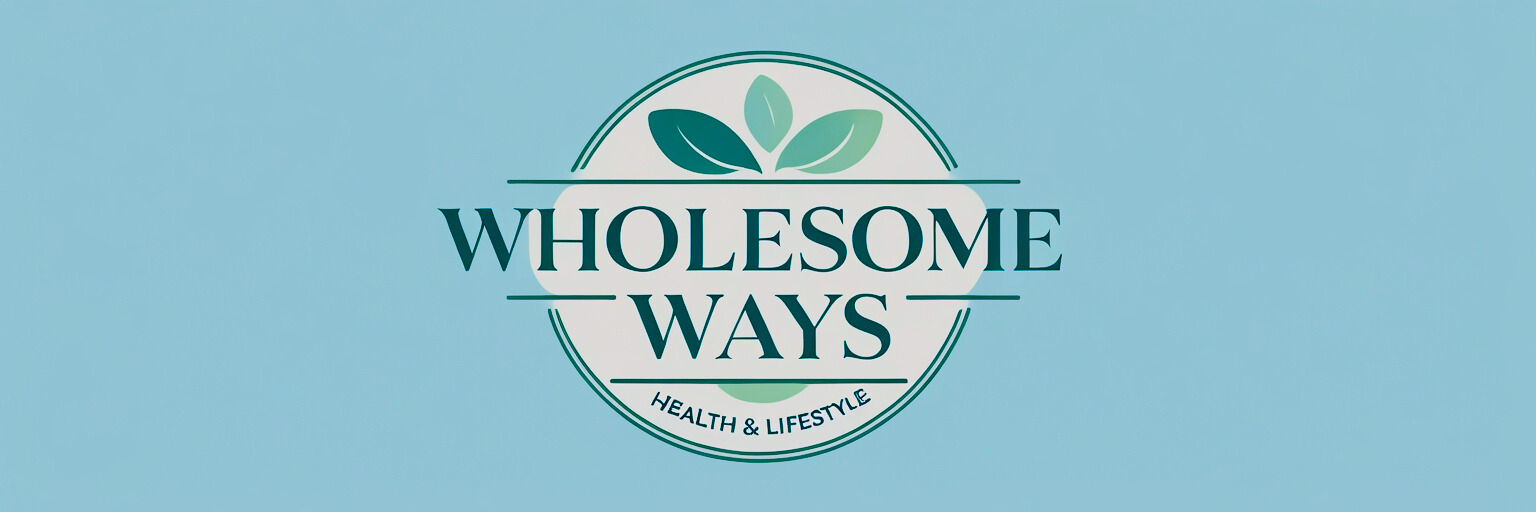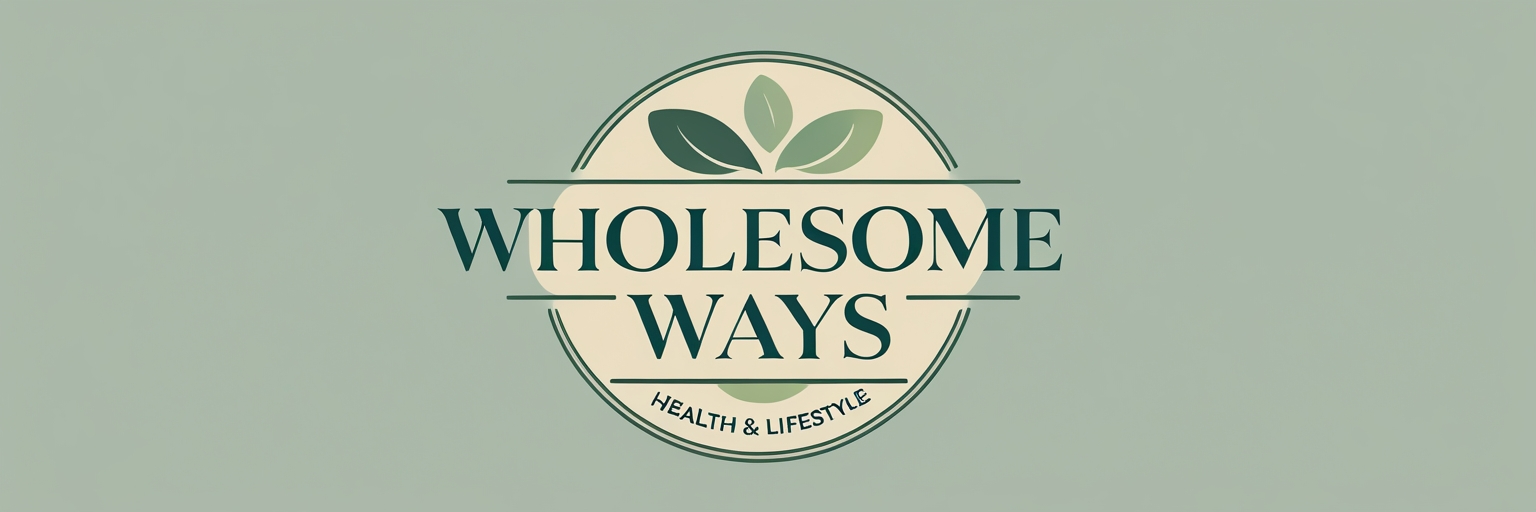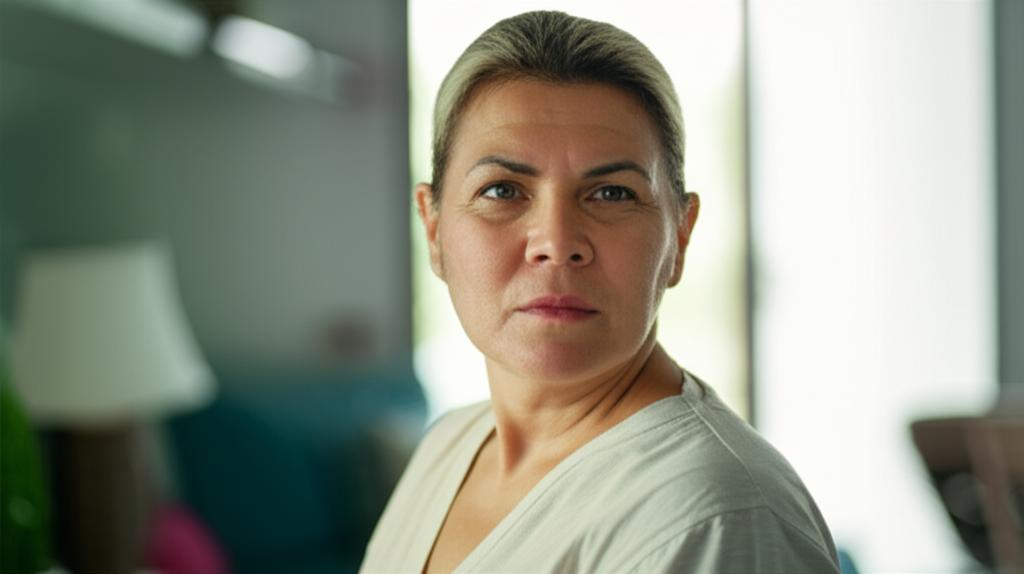Now Reading: Digital Detox for Mental Clarity: Reclaim Your Attention
-
01
Digital Detox for Mental Clarity: Reclaim Your Attention
Digital Detox for Mental Clarity: Reclaim Your Attention

Digital Detox for Mental Clarity: Reclaim Your Attention & Enhance Well-being
Do you ever feel like your brain is a browser with too many tabs open? The constant pings, the endless scrolling, the feeling of being perpetually connected yet strangely disconnected? If you’re nodding along, please know this: you’re absolutely not alone. In our hyper-digital world, the relentless pace of information and notifications can leave even the most resilient of us feeling scattered, overwhelmed, and surprisingly unclear. In fact, studies consistently show that many individuals spend several hours a day on their devices, often leading to feelings of exhaustion and a struggle to focus.
This is precisely where the idea of a digital detox steps in, not as a punishment or a deprivation, but as a gentle, heartfelt invitation. Think of it as an intentional pause, a mindful reduction, or even a temporary cessation of digital device use. It’s not necessarily about becoming a tech hermit or abandoning the digital world entirely; rather, it’s about mindfully disengaging to create space for something truly precious: your mental clarity and unwavering attention. When approached empathetically and strategically, a digital detox is a powerful self-care technique for enhancing your mental well-being, sharpening your focus, and fostering a deeper sense of calm. It’s about empowering you to regain control over your attention, rather than letting your devices control you.
The Hidden Toll: How Constant Connectivity Affects Your Mental Clarity
Our devices, while undeniably useful, have an insidious way of impacting our inner landscape. The constant barrage of information, alerts, and content isn’t just background noise; it’s a relentless workout for your brain, leading to what many of us feel as brain fatigue. Experts in mental health are increasingly highlighting how this overstimulation often manifests as mental fog, making it harder to think clearly and reducing your overall cognitive function.
Impact on Attention Span & Focus
In the digital realm, we’re constantly encouraged to multitask and rapidly switch between different content. This isn’t efficiency; it’s detrimental to your attention span. Research, including studies on digital habits, has shown a noticeable decrease in sustained attention over the past decade. Neuroscientists suggest that this constant task-switching trains our brains for distraction rather than deep concentration. It’s incredibly tough to truly reclaim attention when it’s being pulled in a dozen directions at once, leaving you feeling perpetually scattered.
Increased Stress & Anxiety
- Notifications & “Always-On” Culture: That little red badge or vibration creates a subtle, yet pervasive, pressure to respond immediately. This feeds into an “always-on” culture that makes genuine relaxation feel impossible. Psychologists often point to this as a significant source of low-level, chronic stress.
- FOMO (Fear of Missing Out): The anxiety of not being connected, of missing out on social interactions or important updates, can be a powerful driver of unhealthy tech habits. This constant social comparison can be emotionally exhausting.
- Doomscrolling & Negative News Cycle: Constant exposure to upsetting or sensationalized content can elevate stress levels and contribute to a pervasive sense of dread, impacting your mood and outlook long after you’ve put the device down.
Disrupted Sleep Patterns
The blue light emitted from screens can suppress melatonin production, a crucial hormone that tells your body it’s time to sleep. This effect is well-documented by sleep scientists. Beyond that, the mental stimulation of engaging with content right before bedtime keeps your brain buzzing, directly impacting your ability to fall asleep, stay asleep, and achieve truly restorative sleep quality.
Social Comparison & Self-Esteem
Online lives are often curated highlight reels, presenting an idealized version of reality. Constantly comparing your everyday reality to others’ perfectly filtered and presented versions can lead to feelings of inadequacy, diminished self-esteem, and a gnawing sense of not being “enough.” Social psychology research frequently points to the detrimental effects of this comparison on mental well-being.
Reduced Real-World Engagement
When our eyes are glued to screens, we inevitably neglect in-person connections, the beauty of our surroundings, and the simple joys of offline hobbies. This reduces genuine real-world engagement, which is vital for our emotional well-being, fostering a sense of isolation even amidst constant digital connection.
Essentially, excessive screen time and constant connectivity contribute to a pervasive sense of digital overwhelm, making it incredibly challenging to achieve mental clarity and live fully in the present.
The Transformative Benefits of Reclaiming Your Attention Through Digital Detox
Taking a step back from the digital world isn’t about deprivation; it’s about opening the door to profound positive changes that experts in well-being consistently advocate for. The benefits of a deliberate unplugging are truly transformative, allowing you to cultivate a healthier relationship with technology and, more importantly, with yourself.
- Enhanced Mental Clarity & Focus: When you give your brain a break from the constant input, it has space to rest, process thoughts, and reset. This leads to significantly improved concentration, making it easier to tackle tasks, learn new things, and solve problems. You’ll find your focus naturally sharpens, much like a camera lens finding its target.
- Reduced Stress & Anxiety: By creating mental space and easing the pressure of constant connectivity, you can lower cortisol levels, quiet racing thoughts, and experience a profound sense of calm. This is genuine stress reduction and anxiety relief, allowing your nervous system to truly relax.
- Improved Sleep Quality: Re-establishing healthy sleep hygiene by reducing screen exposure, especially before bedtime, can dramatically improve the depth and restorative power of your sleep. You’ll wake up feeling more refreshed and ready to face the day.
- Increased Productivity & Creativity: Freeing up mental resources from digital distractions allows for deeper, more sustained work and fosters innovative thinking. Many find that their best ideas emerge during periods of unplugged reflection. You might be surprised at the boost in your productivity and creativity.
- Stronger Real-Life Connections: When you’re not distracted by your phone, you become more present in your interactions, leading to more meaningful conversations and truly cherished moments with loved ones. It’s about seeing and being seen, fully.
- Greater Self-Awareness & Mindfulness: A digital detox provides a unique opportunity for introspection. Without the constant external stimulus, you have the chance to check in with yourself, understand your emotions, and practice being truly present in the moment. It’s a clear pathway to deeper mindfulness.
- Rekindled Hobbies & Passions: Remember those activities you used to love but “never had time for”? A detox creates the time and mental space to rediscover forgotten joys like reading a physical book, creating art, exploring nature, or learning a new skill.
Ultimately, a digital detox is a powerful tool for cultivating holistic digital well-being and strengthening your overall mental health, guiding you towards a more balanced and fulfilling life.
Practical, Empathetic Strategies for an Accessible Digital Detox
The beauty of a digital detox is that it doesn’t have to be an all-or-nothing endeavor. Think of it as a spectrum, and find what feels right and sustainable for *you*. There’s no single “right” way, only your way. Here are some practical, empathetic strategies to gently guide you as you get started on this empowering journey:
1. Assess Your Current Habits (Empowered by Data)
Before you can change, you need to understand. Most smartphones have built-in screen time tracking features (like “Screen Time” on iOS or “Digital Wellbeing” on Android). Take an honest look at these reports. It can be surprising to see how many hours you actually spend on your device. Go a step further: identify your triggers – what makes you pick up your phone? Which apps are the biggest time-sinks? Most importantly, reflect on how technology makes you feel. Does it energize you or drain you? This self-awareness is your first powerful step.
2. Set Realistic Goals & Boundaries (Your Gentle Rules of Engagement)
- Start Small, Celebrate Wins: Going “cold turkey” can be overwhelming and often leads to quick relapse. Instead, think about small, achievable steps. Maybe it’s 30 minutes less screen time a day, one tech-free evening a week, or leaving your phone in another room while you eat. Each small victory builds momentum.
- Designate Tech-Free Zones: Make your bedroom a sacred screen-free space, free from glowing distractions. Avoid phones at the dining table. These simple boundaries can make a huge difference to your sleep quality and encourage more genuine real-life connections.
- Schedule Tech-Free Hours: Try making the first hour of your day and the last hour before bed entirely tech-free. This can profoundly impact your mood, readiness for sleep, and set a calmer tone for your day. Consider a “digital sunset” an hour or two before bed.
- Master “Do Not Disturb” & Notification Management: You are in control, not your phone! Turn off non-essential notifications for social media, news, and even non-urgent emails. Batch your email checks. Set “Do Not Disturb” for specific periods, ensuring only essential calls come through.
3. Mindful Engagement with Technology (Conscious Choices)
- Question Your Urge: Before automatically picking up your device, pause for just a moment. Ask yourself: “Why am I picking this up right now? What do I hope to achieve? Is this serving me?” This simple moment of awareness can interrupt an automatic habit and give you back your agency.
- Curate Your Feed for Positivity: Unfollow, mute, or block accounts that consistently trigger negative emotions, social comparison, or anxiety. Actively seek out content and accounts that uplift, inspire, or educate you. Make your online experience a genuinely positive one.
- Utilize App Timers & Grayscale: Many devices and apps allow you to set daily limits for specific applications. Use these tools to support your goals. Some even offer grayscale modes, which can make your phone less visually appealing and addictive.
4. Fill the Void with Enriching Offline Activities (Nourish Your Soul)
Once you create space by unplugging, the most crucial step for sustained mental clarity and overall well-being is to fill that space with activities that genuinely nourish your soul and engage your senses. This isn’t about avoidance, it’s about active replacement.
- Connect with Nature: Take a walk in a local park, sit in your garden and observe the birds, or simply observe the sky. Nature has incredible restorative powers and helps ground you.
- Engage in Creative Hobbies: Rediscover the joy of reading a physical book, journaling your thoughts, drawing, painting, knitting, or playing a musical instrument. These activities engage different parts of your brain and offer a sense of accomplishment.
- Prioritize In-Person Connections: Schedule coffee dates, plan meals with family, or simply have a genuine, uninterrupted conversation with a friend. Look them in the eye and truly listen.
- Practice Mindfulness & Meditation: Even 5-10 minutes of deep breathing or guided meditation can ground you, reduce stress, and enhance your presence. There are many free apps and resources if you’re curious to try.
- Physical Activity: Exercise is a powerful mood booster and stress reliever. Go for a run, do some yoga, dance to your favorite music, or engage in a sport. It’s a fantastic way to release pent-up energy.
5. Communicate Your Intentions (Enlist Support)
If you’re embarking on a more significant detox, gently let your friends, family, and close colleagues know. This manages their expectations for your response times and can even encourage them to support your journey or perhaps join you! You might be surprised by how many people resonate with the idea.
Sustaining Mental Clarity: Integrating Mindful Tech Habits Long-Term
A digital detox isn’t just a one-off event; it’s a stepping stone toward a more balanced and conscious relationship with technology. The true goal is to foster long-term resilience and build habits that support your ongoing mental well-being. This is your personal journey, and there’s no need for perfection, just progress.
- Reflect and Adjust: After a detox period, take time to reflect. What worked well for you? What felt challenging? What changes made you feel better, more focused, or less stressed? Use these insights to adjust your approach and tailor it even more to your unique needs.
- Build Consistent Habits: Focus on integrating small, ongoing changes into your daily routine. It’s about developing mindful tech habits that become a natural part of your self-care practice, rather than relying on occasional drastic detoxes. Consistency is key to lasting change.
- Acknowledge Slip-Ups with Compassion: We’re all human! There will be days when you spend more time online than you intended. Practice self-compassion, learn from it without judgment, and gently get back on track. This journey is about progress, not perfection.
- Seek Support if Needed: If you find that your relationship with technology feels deeply unhealthy or is significantly impacting your life (sometimes referred to as problematic internet use or smartphone addiction), remember that professional mental health support can be incredibly beneficial. There’s no shame in seeking help; it’s a sign of strength and self-care.
Your journey to reclaim attention and foster mental clarity is ongoing. Each small step you take, each mindful choice, contributes to a healthier, more present, and more vibrant you.
Embrace Your Unplugged Potential
Taking a pause from the digital hustle might seem daunting, but the profound benefits for your mental clarity, focus, and overall well-being are truly immeasurable. From reducing stress and improving sleep to strengthening real-life connections and rediscovering forgotten passions, a digital detox is a powerful act of self-care. It’s about giving yourself the precious gift of presence, peace, and undivided attention.
We genuinely encourage you to take that first small step towards fostering a healthier, more intentional relationship with technology. Why not start with a “digital-free hour” tonight? Or perhaps commit to making your bedroom a screen-free sanctuary? You have the power to reclaim your attention and cultivate a life rich in meaning, both online and off. Your well-being is a journey, and this is a key tool for building resilience. For more support, consider exploring mindfulness apps, finding local nature trails, or even joining a community group for an unplugged hobby. What small step will you take today to nourish your mind and soul?




















